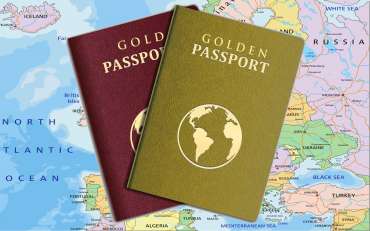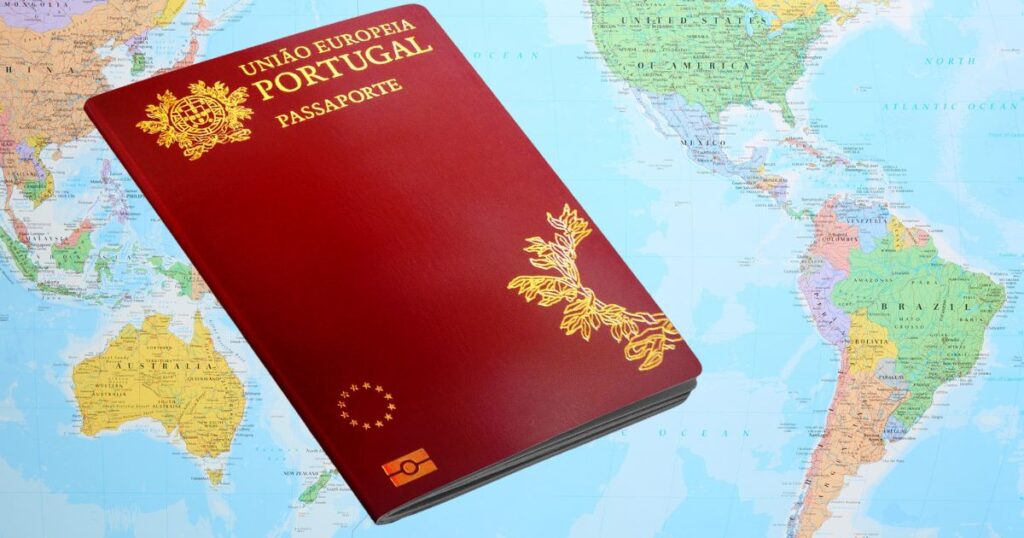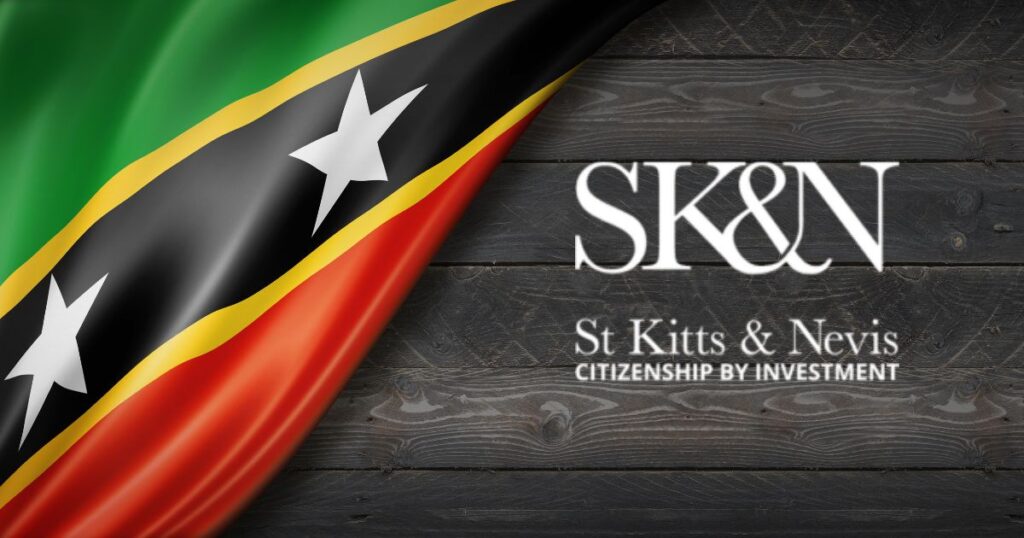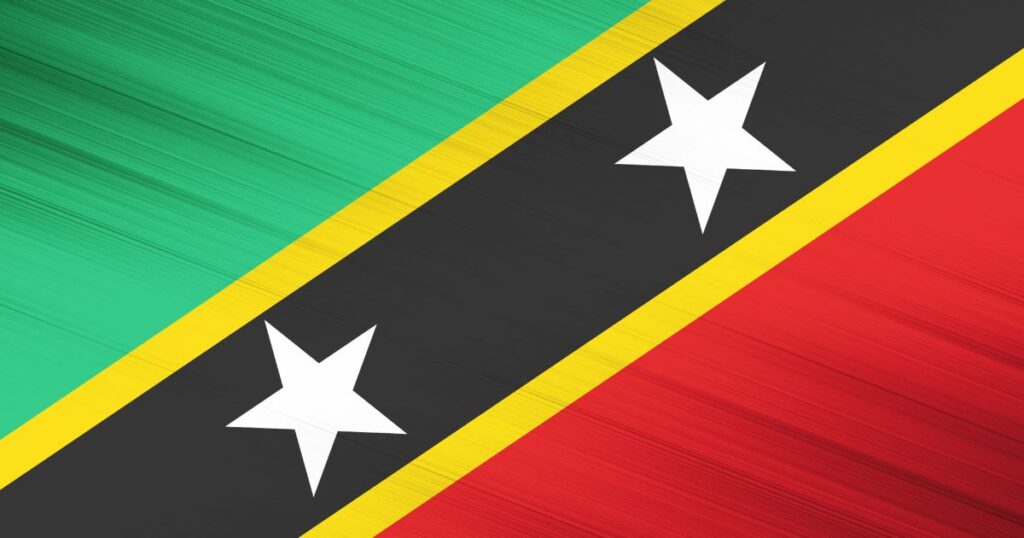A Golden passport has became an ever-more-desirable commodity midst pandemic as countries closed their borders to slow the spread of COVID-19.
Several countries have adopted “golden passport” and “golden visa” programs over the years—the onset of the pandemic generated renewed interest making passports and residence permits are more golden than ever with borders only open for citizens and residents. These rights are given to privileged people who travel without restrictions. With air travel coming to complete halt, empty planes haul one or two passengers who have privileged visas.
What is a Golden Passport?
Golden passport programs allow individuals and their families to buy new citizenship through targeted investments or contributions, according to IMF
Investments and contributions: These include direct monetary contributions, the purchase of government debt instruments (for example, investment in government stocks, bonds, securities), investment in specific sectors (for example, real estate, construction), and the establishment of businesses. Qualifying amounts typically range from $100,000 to $2.5 million (excluding fees) and have various financing terms (for example, up-front payments, installments, bank loans).
Administration: Typically, a government agency oversees the program, and may rely on third parties to market the program, facilitate application submissions, and carry out due diligence. Some programs have statutory quotas that limit the number of applications.
Application process: The application process usually requires some background checks (for example, criminal background checks, vetting by third parties), though requirements differ. Processing applications can take from 30 days to more than a year—many offer fast-track options in exchange for higher contribution amounts.
A Golden passport has many benefits, such as the ability to travel freely without visas and flee political persecution, conflict, or civil unrest. It can offer attractive tax and wealth management benefits, too. Usually citizens from autocratic countries, where the rule of law is weak, are the most anxious to obtain a golden passport. But as the coronavirus threatened to overwhelm health services before vaccines became available, wealthy individuals from developed democracies also looked for an escape route.
Global Demand
Investment migration firms reported increasing demand for second passports in the midst of the pandemic. Requests from high-net-worth individuals in advanced economies have skyrocketed. The demand has been further fuelled by discounts offered by some countries.
Price tags for a second citizenship processed within few months range from $100,000. St Lucia, Antigua and Barbuda, Grenada, St Kitts and Nevis, and Vanuatu are among the many countries that have offered such deals against robust vetting of applicants. Similarly costs for residence permits (aka Golden visa) starts with 250,000 euros. Greece and Portugal offer the most popular schengen residence programs.
All Applicants and family members are vetting against criminal background by governments and third party due diligence firms in compliance with anti-money-laundering and counter-terrorism-financing requirements.
St Lucia and Portugal
St Lucia is the most popular caribbean passport program, whereas Portugal is massively popular among US investors. Both countries have topped the Best Citizenship by Investment and Best Golden visa rankings for 2021
Cash cow
For countries seeking to rebuild pandemic-stricken economies, the sale of passports can seem an easy way to secure revenue and investment. Revenue generated by such programs in the Caribbean (see IMF Working Paper No. 20/8). Some countries have used these programs to replenish their coffers after natural disasters (for example, a decline in tax revenue after Hurricane Maria hit Dominica was partly offset by golden passport revenue).
Golden passports grant all the privileges of a country’s citizenship. Ultimately, the decision to grant citizenship is up to the state.





